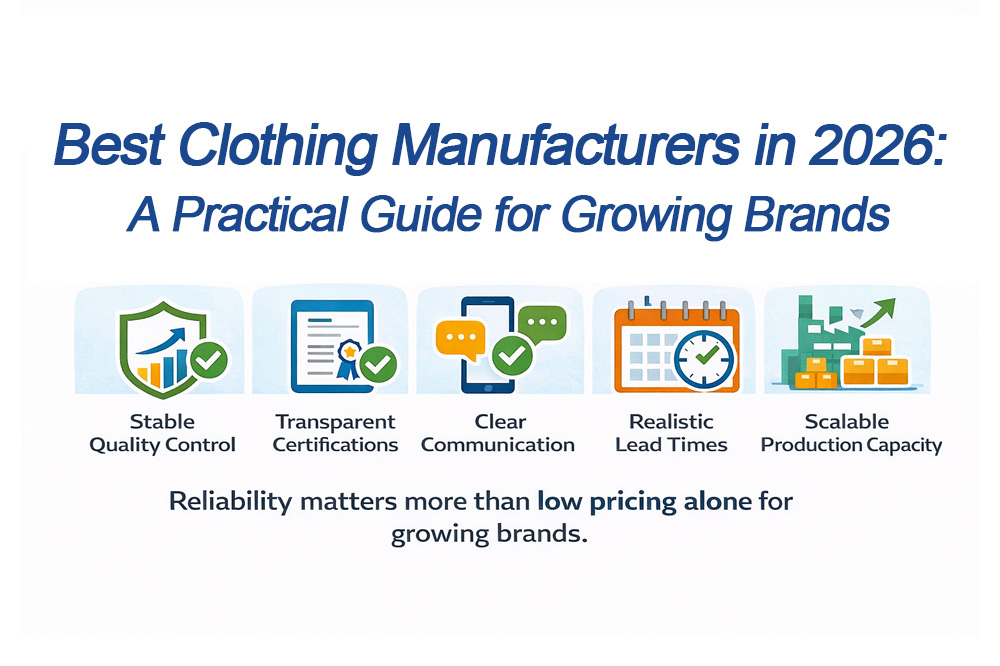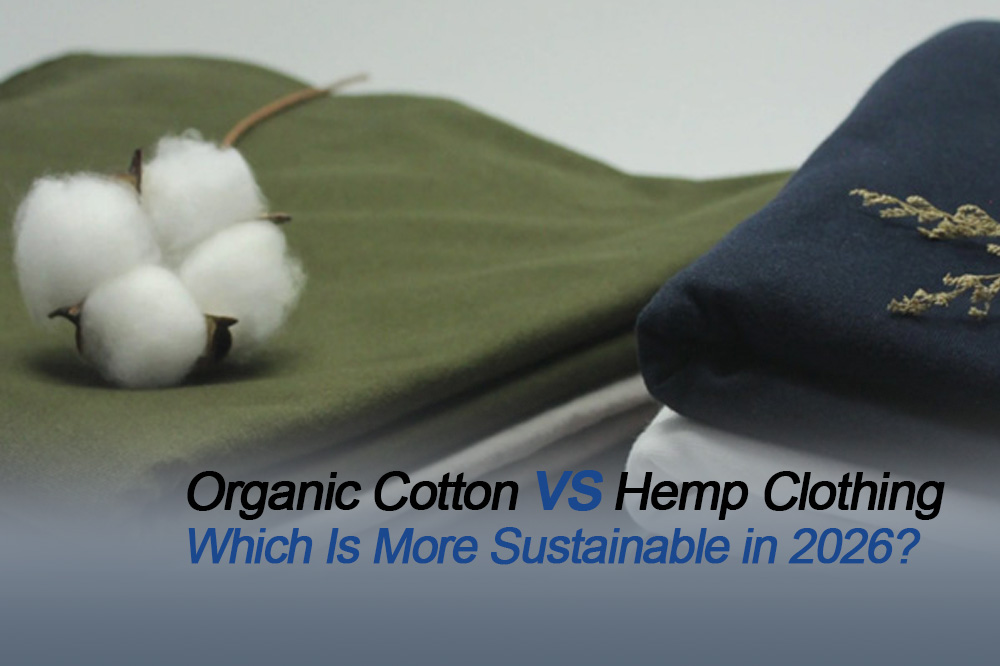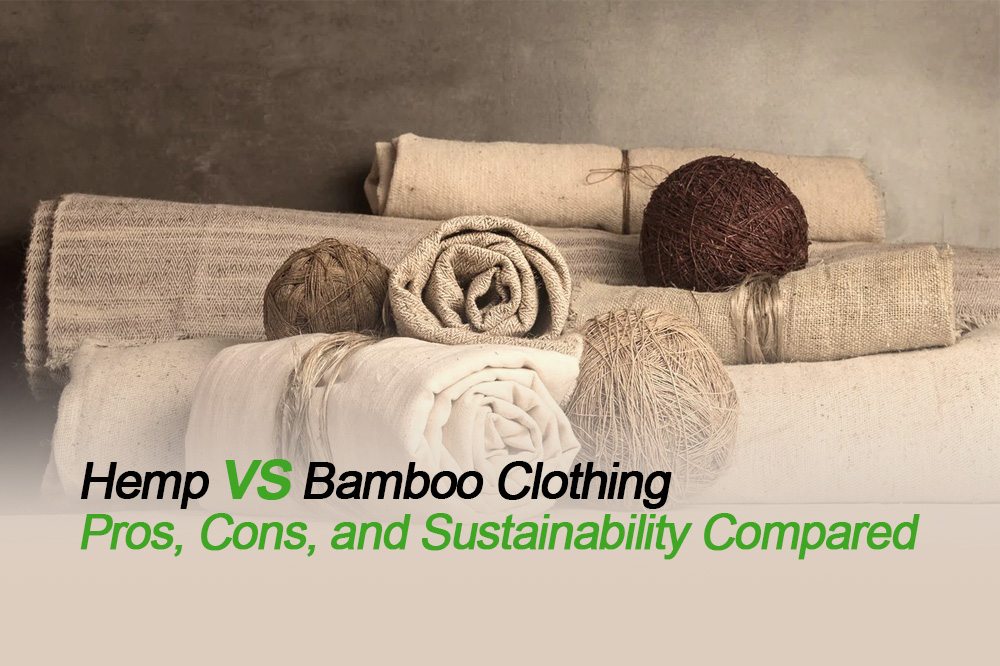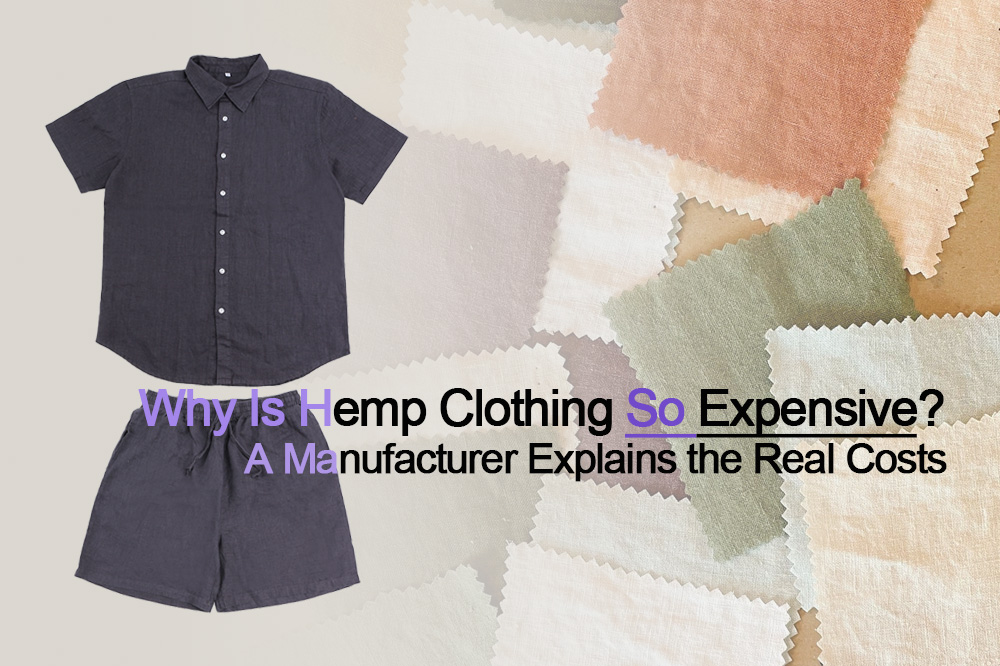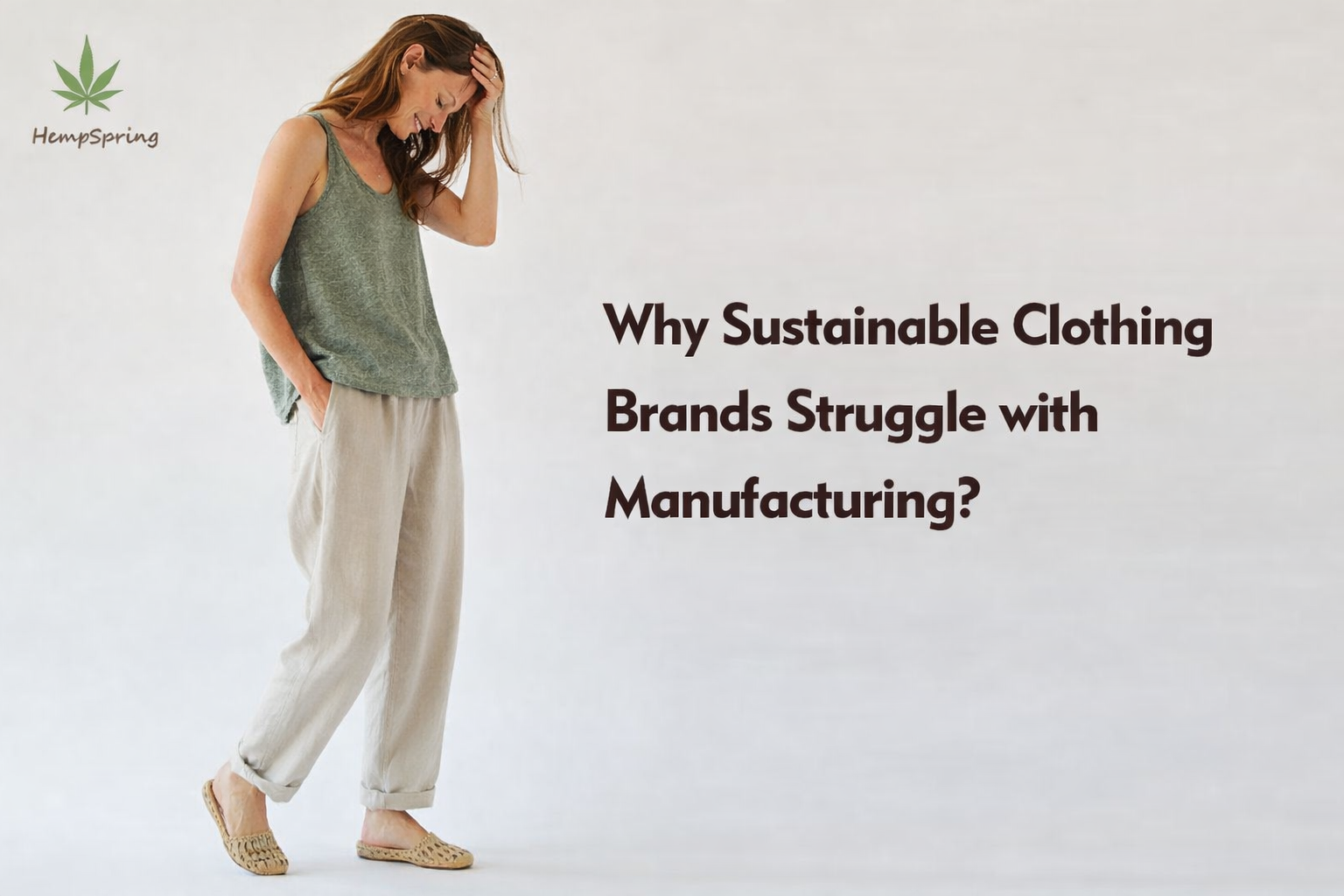
As a professional hemp fabric clothing factory, we frequently encounter inquiries from buyers about the differences between hemp clothing, organic cotton, and bamboo. This comprehensive analysis aims to highlight the unique attributes of each material and underscore why hemp stands out as a superior choice for sustainable apparel.
Understanding Sustainable Fabrics
Sustainability in fashion is no longer a trend but a necessity. As environmental concerns rise, more consumers and businesses are turning towards eco-friendly materials. Three of the most popular sustainable fabrics are hemp, organic cotton, and bamboo. Each of these materials offers distinct benefits and challenges, impacting their overall sustainability and appeal.
Hemp Clothing: The Eco-Friendly Powerhouse
Hemp is one of the oldest and most versatile crops known to humanity. Its use dates back thousands of years, yet it remains highly relevant in today's quest for sustainable materials.
Environmental Benefits of Hemp
- 1.Low Water Usage: Hemp requires significantly less water compared to cotton. While conventional cotton farming can consume over 20,000 liters of water per kilogram of fiber, hemp uses only a fraction of that amount.
- 2.Pesticide-Free: Hemp is naturally resistant to pests, reducing the need for harmful pesticides and herbicides. This makes hemp farming less damaging to the environment and safer for farmers.
- 3.Carbon Sequestration: Hemp plants absorb more CO2 per hectare than any other commercial crop or forest. This makes hemp an excellent tool for carbon sequestration and combating climate change.
- 4.Soil Health: Hemp improves soil health by replenishing nutrients and preventing erosion. Its deep roots stabilize the soil and prevent nutrient loss.
Advantages of Hemp Fabric
- 1.Durability: Hemp fibers are incredibly strong and durable. Clothing made from hemp is long-lasting, reducing the need for frequent replacements and thus contributing to sustainability.
- 2.Breathability: Hemp fabric is highly breathable and has excellent moisture-wicking properties. It keeps the wearer cool in summer and warm in winter.
- 3.Anti-Bacterial Properties: Hemp has natural anti-bacterial and anti-fungal properties, making it ideal for clothing that stays fresh and odor-free longer.
- 4.Biodegradability: Hemp fabric is 100% biodegradable, ensuring that it won't linger in landfills for centuries like synthetic materials.
Organic Cotton: A Step Towards Sustainable Fashion
Organic cotton is a popular choice in sustainable fashion circles, known for its reduced environmental impact compared to conventional cotton.
Environmental Benefits of Organic Cotton
- 1.Reduced Chemical Use: Organic cotton is grown without synthetic pesticides, herbicides, or fertilizers, minimizing chemical runoff into waterways and soil.
- 2.Water Efficiency: While organic cotton still requires a substantial amount of water, it generally uses less than conventional cotton due to better soil management practices.
- 3.Biodiversity: Organic cotton farming promotes biodiversity by encouraging the use of natural farming methods that support wildlife and healthy ecosystems.
Advantages of Organic Cotton Fabric
- 1.Softness and Comfort: Organic cotton is known for its softness and comfort, making it a favorite for baby clothes and sensitive skin.
- 2.Hypoallergenic: Without chemical residues, organic cotton is less likely to cause allergic reactions and skin irritation.
- 3.Breathability: Like hemp, organic cotton is breathable and moisture-wicking, providing comfort in various climates.
Bamboo: The Controversial Contender
Bamboo has gained a reputation as a sustainable fabric, but its environmental benefits are sometimes debated.
Environmental Benefits of Bamboo
- 1.Rapid Growth: Bamboo grows extremely fast, with some species growing up to a meter per day. This makes it a highly renewable resource.
- 2.Minimal Land Use: Bamboo can be grown on land that is unsuitable for other crops, reducing competition for arable land.
- 3.Low Water Requirement: Bamboo typically requires less water than cotton, although not as little as hemp.
Challenges of Bamboo Fabric
- 1.Chemical Processing: Transforming bamboo into fabric often involves harsh chemicals that can be harmful to the environment and workers. The process can negate some of bamboo's environmental benefits.
- 2.Durability Issues: Bamboo fabric is not as durable as hemp, leading to quicker wear and tear and potentially increasing the overall environmental footprint.
- 3.Biodegradability Concerns: While bamboo itself is biodegradable, the chemicals used in processing can affect its biodegradability.
Why Hemp Stands Out
Given the environmental benefits and superior qualities of hemp fabric, it is clear why we, as a hemp clothes factory, advocate for its use. Hemp's minimal environmental impact, combined with its durability, breathability, and anti-bacterial properties, makes it an unparalleled choice for sustainable apparel.
Hemp vs. Organic Cotton
- Water Usage: Hemp wins with significantly lower water requirements.
- Durability: Hemp fabric outlasts organic cotton, reducing waste.
- Pesticide Use: Both are pesticide-free, but hemp's natural resistance gives it an edge.
Hemp vs. Bamboo
- Chemical Processing: Hemp's processing is less chemically intensive compared to bamboo.
- Durability: Hemp is more durable, ensuring longer-lasting garments.
- Overall Environmental Impact: Hemp's carbon sequestration and soil health benefits make it more environmentally friendly.
Conclusion
In the realm of sustainable apparel, hemp clothing emerges as the leader. Its environmental benefits, combined with superior fabric qualities, position it as the best choice for eco-conscious buyers. As a dedicated hemp fabric clothing factory, we are committed to providing high-quality, sustainable products that meet the needs of modern consumers and the planet.

